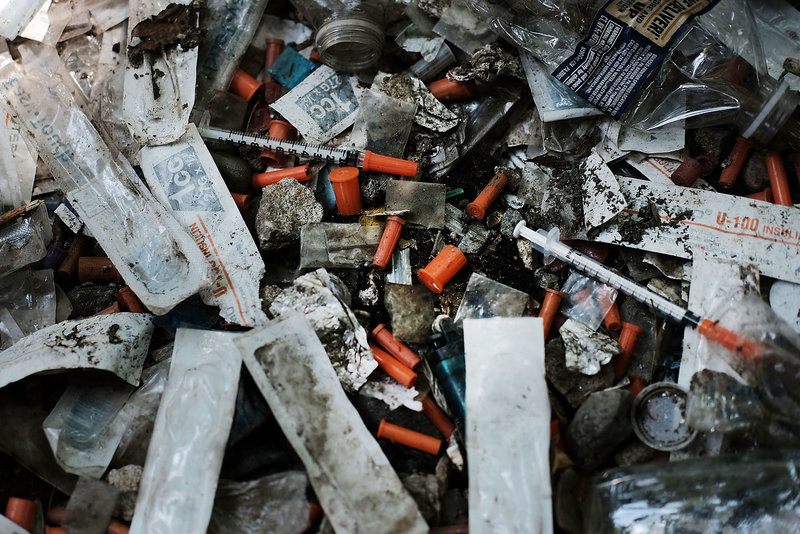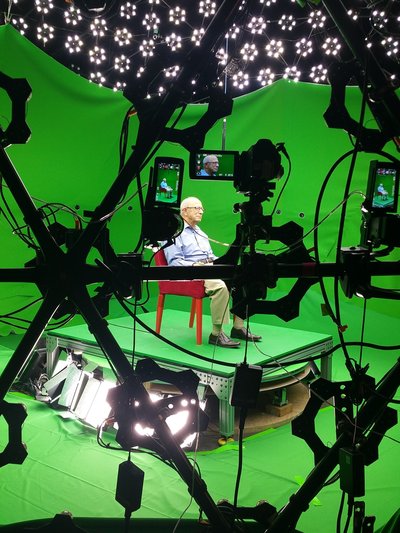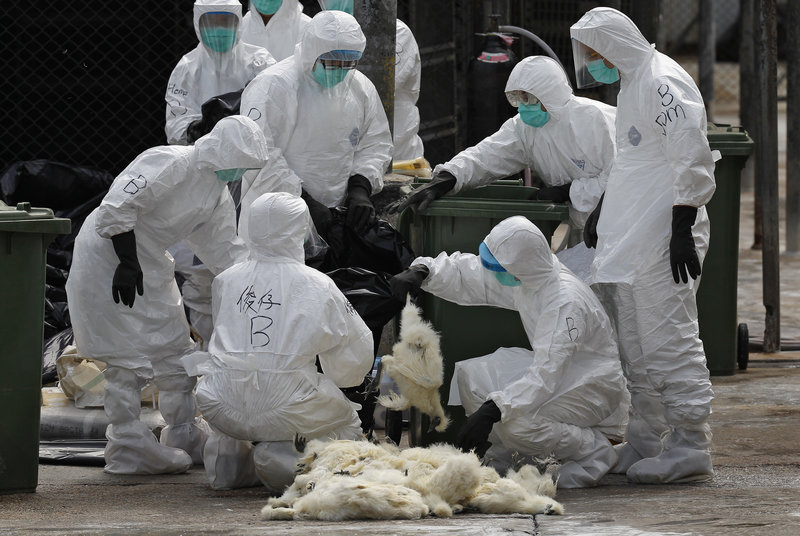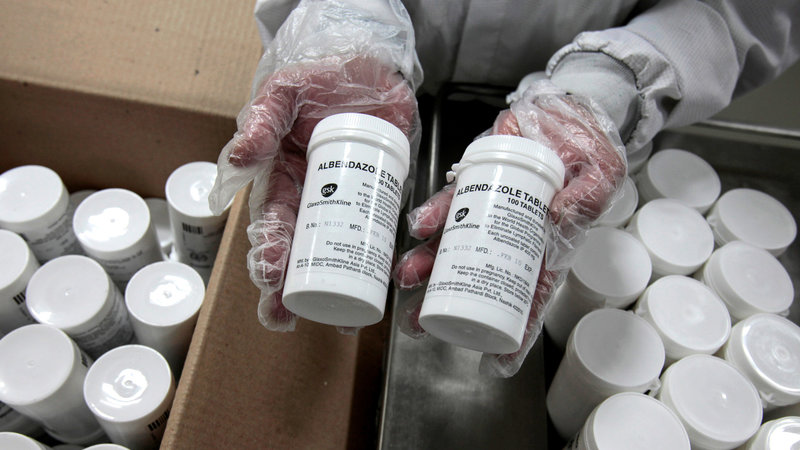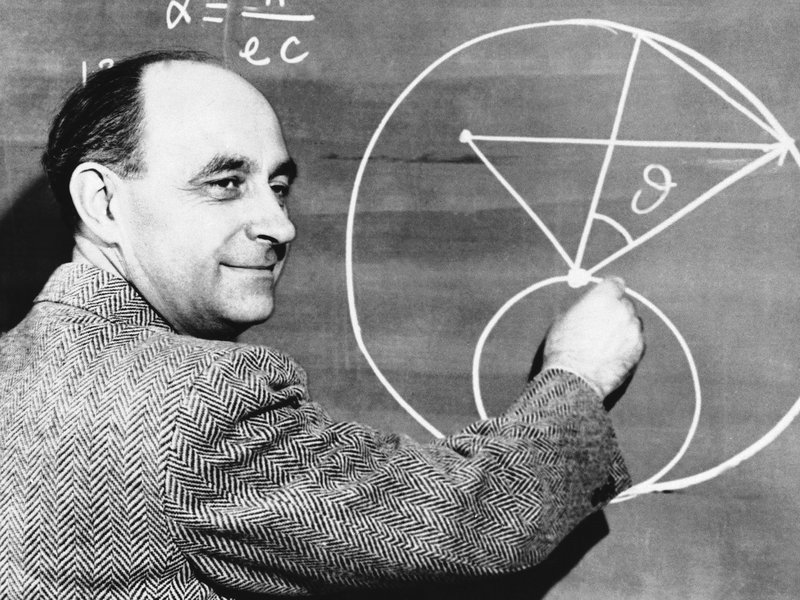 Saturday, December 23, 2017 at 12:17PM
Saturday, December 23, 2017 at 12:17PM The Christmas Of Now: A Convergence Of Pasts
"Ebenezer Scrooge was famously visited by three ghosts in A Christmas Carol. The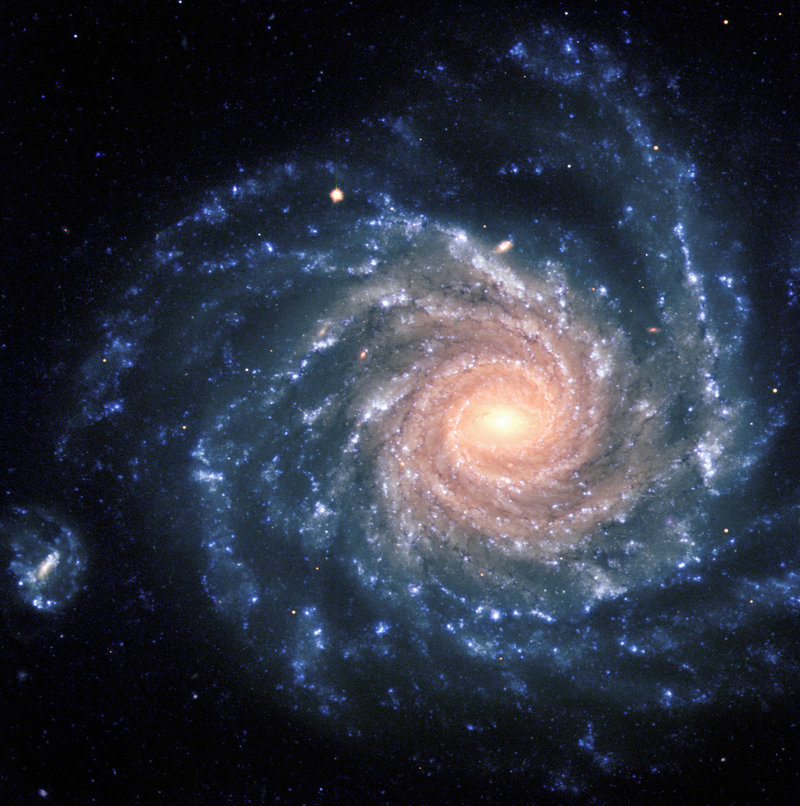 past, present and future all converged on poor Scrooge in an effort to save him from his own narrow vision of the world and wake him to the wonders of the life right before his eyes."
past, present and future all converged on poor Scrooge in an effort to save him from his own narrow vision of the world and wake him to the wonders of the life right before his eyes."
"As we navigate the frantic pace of this holiday season we, like Scrooge, might stop to let the past, present and future converge on us for the same reason. Luckily we don't need any scary spectral visitations on Christmas Eve. All we have to do is step outside and let the night sky transport us back in time."
"So put on your coats, and your gloves and don't forget your scarf because you can't rush this. The truth of time — your time — will take a moment to sink in."
"Once you get out there your job is to find a star and focus on it for a second. Now here is a question: Are you seeing that distant sun as it is now, right now?"

